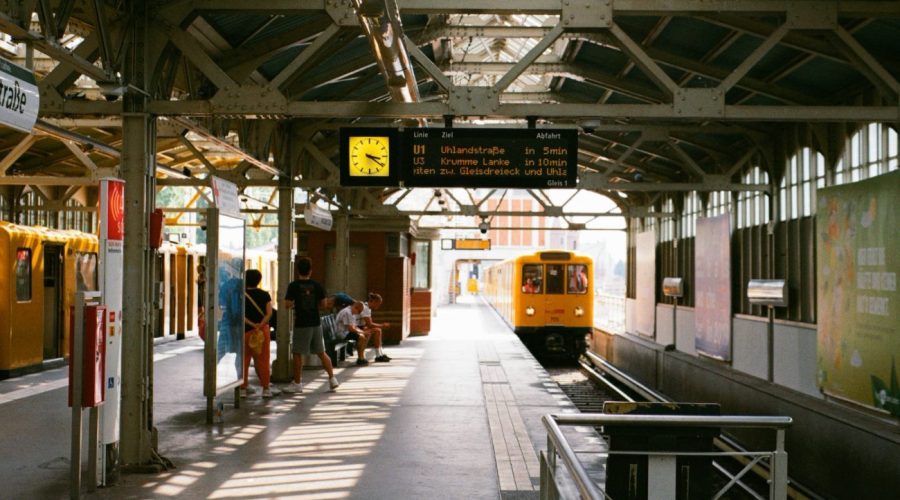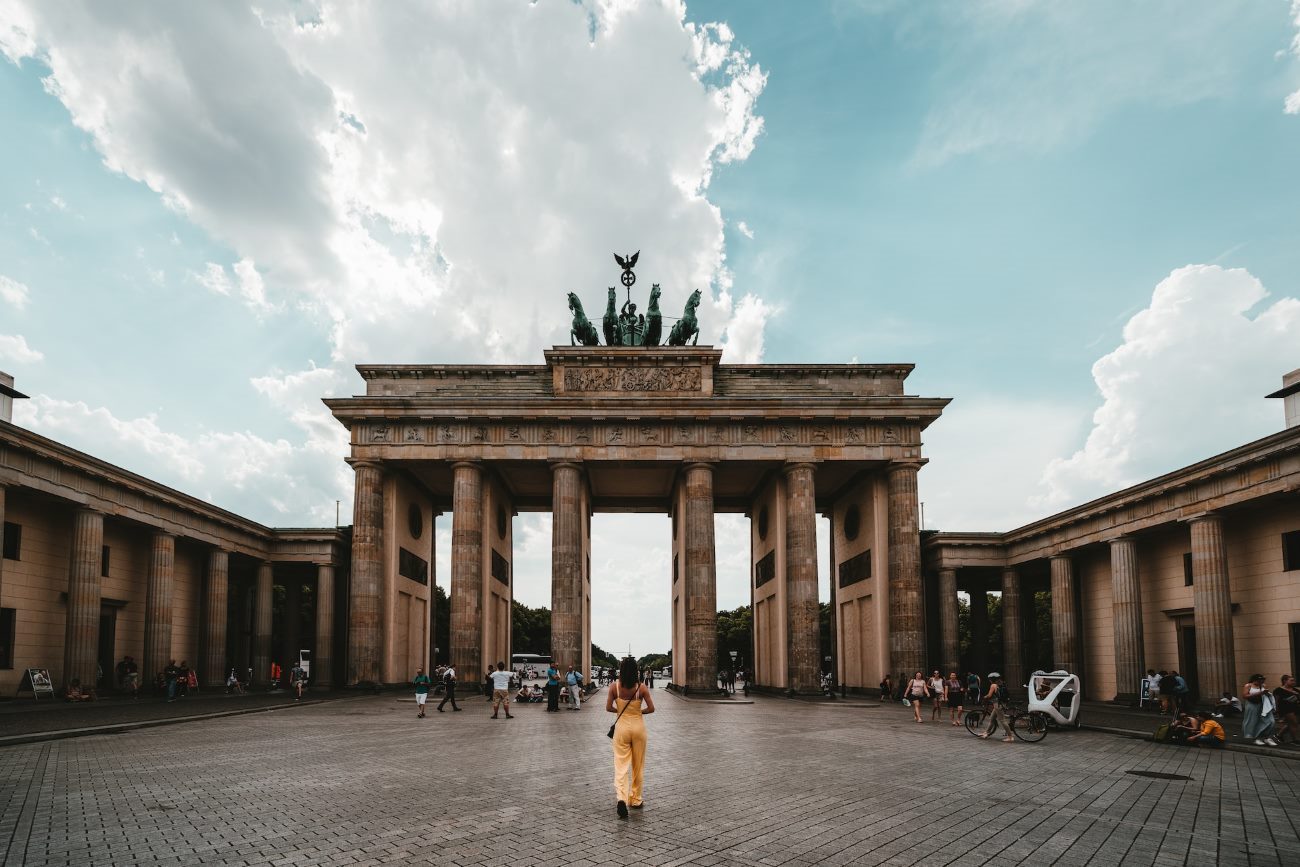Is Public Transport Free in Germany?
Germany is known for its organization public transportation system. When it comes to travelling whether you are travelling around a city on buses and trams; or travelling by train and underground, you can do it all using public transport. Of course one question that seems to come up frequently is whether public transport in Germany is free. Let’s dive a bit deeper into this topic.
Public Transport in Germany
Germany has a very good public transport network that is famous for it being on time, clean and reliable. The transport infrastructure is efficiently connected, therefore well organized movement in between different regions and towns across the country is feasible.
Types of Public Transport
In Germany you will find different types of public transportation:
- Buses: Urban transport involves the local buses in cities and towns, neiighbourhoods to neighborhoods.
- Trams: Trams, or streetcars, run in many German cities and are a convenient means of getting within the city.
- Trains: Germany has a very well developed railway network, local trains serving the immediate surroundings of neighborhood towns and cities, whereas long-distance trains linking the remotest part of the cities and even across the national borders.
- Subways: Big cities like Berlin, Munich and Hamburg have good undergrounds, so you can easily get around cities quickly.
- Ferries: On the routes where ferries run in coastal areas and along large rivers this can also be used for booking water transport.
- Public Transport Costs
Germany’s public transport system is top notch, but you need to be aware it is not free. A price for fares of public transport operated by various factors such as the nature of travel, distance and region.
Prices differ in each city or German state. In general though, you will need to buy a ticket or pass to use public transport.
Exceptions: Free Public Transport
Although public transport is not free as such in Germany, there are a handful of situations where things are free – though they’re not generally common.
Children and Young Adults
Small kids younger than a given age the majority of the time travel free on buses, trams, and trains inside Germany. The exact age limit may differ somewhat among different transportation companies or by area.
Also, some cities offer cheaper or even for free travel of youth (students) up to a certain age. This service is provided in most cases, through providing of special student transport passes and cards issued by the educational institutions .
Tourist Cards
Many German cities have tourist cards or city passes that give you free public transport throughout that area. These cards can be bought and nearly always come with perks such as discounted admission to points of interest.
Diese Cards sind besonders nützlich, wenn man als Kinotermin vor große Reiseplanung steht und durch eine Stadt geht. They don’t only save you money by transportation but also enter popular tourist sites to pay less.
Ticket Options and Costs
Travelers need to buy tickets or transport tickets for public transportation in Germany for most planneerpassüger. Some common ticket options are, as follows.
Single Tickets
One ticket is for one single traveller, to be used on one trip, to one place, in a limited time and only with a select travel method. These types of tickets are made for one time, or rarely traveling individuals.
The tariff for one ticket is subject to distance traveled and to the transportation company. Frequently you can purchase these tickets by vending machine at stations or by ticket window.
Day Tickets
If you’re planning to go on multiple trips in one day a day ticket might be cheaper. They give you unlimited travel on more than one form of public transport throughout a particular zone or area for one day.
Day tickets are great value, are flexible and usually work out cheaper than buying several individual tickets throughout the day. They may be bought from ticket points or ticket offices.
Weekly and Monthly Passes
If you are living in Germany or are going to stay here for at least a bit longer, you might think about buying weekly or monthly passes. These passes allow you to travel unlimited in one set geographic area, in fact, in some cases across regions, during the valid period.
Long period tickets are for daily movers or those who use public transport frequently. They are priced lower than purchasing daily or any single ticket usually.
Planning Your Public Transport Journey
When traveling in Germany using public transport can be quite hassle-free if you arrange it well in advance. Here are a few tips for a trouble free travel:
- Check schedules and timetables: Look up the bus, train, tram, subway schedule online or through mobile apps.
- Validate your ticket: For almost all tickets, especially for single tickets, you need to validate them before stepping onto the vehicle. Validators are usually positioned near the platforms or on board of the vehicles.
- Be aware of peak hours: Public transoprt can get very busy at rush time so be prepared and allow longer for your trip.
- Keep track of connections: If you need to change trains or limit into a connecting bus, be sure to budget the transfer period amongst completely different transportation.
- Find out about any delays or cancellations: Look for updates on delays or changes to your journey. Some local transportation websites or apps offer up to the minute updates.
By following these tips, you can make the best use of public transport in Germany and guarantee trouble free travel.
Conclusion
Although, in Germany, public transportation is not free normally, it represents a good and easily accessible system for travelling in and around the country. Knowing the available and price of the ticket will assist you with navigation transport and select the most appropriate proposed by your needs from the transport system.
Make sure you’re aware of any deductions such as free travel for children, or tourist passes that also cover your travel. By taking a little planning and knowledge about the route ahead of time, you can take in the efficiency and accessibility of Germany’s public transport.
Table of Contents



